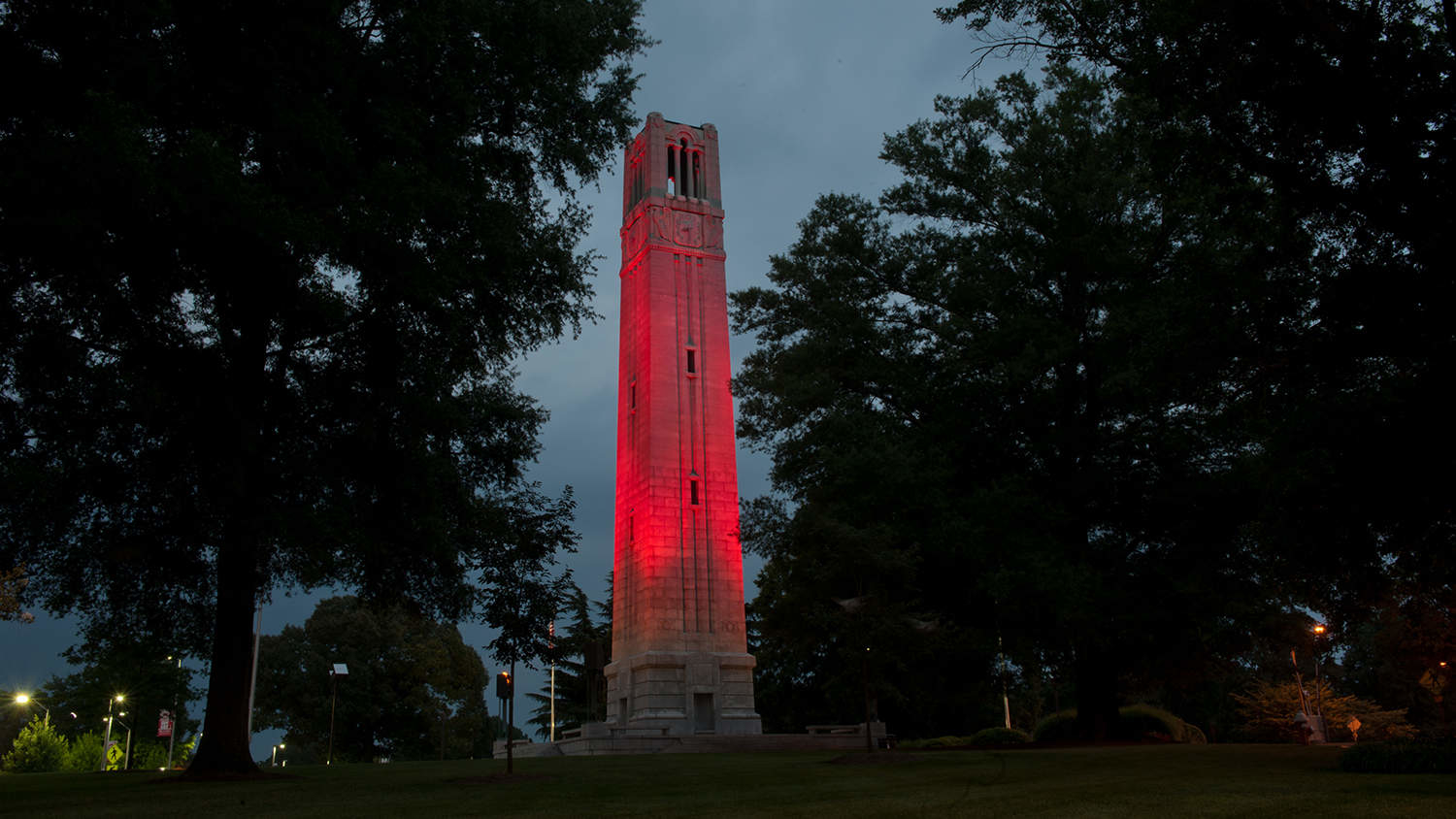NC State Chemist Earns $1.5 Million Research Grant to Study Next-Generation Quantum Systems

A team led by David Shultz, a professor in the Department of Chemistry and director of the department’s graduate programs, has earned a $1.5 million research grant from the U.S. Department of Energy (DOE) to study next-generation quantum systems that have potential impacts on computing, networking and sensing.
The grant to Shultz was one of 20 awards totaling $37 million made nationwide by DOE for research in materials and chemistry to advance the emerging field of quantum information science (QIS). QIS seeks to exploit intricate quantum mechanical phenomena to create new ways of obtaining and processing information.
Shultz’s project, entitled “Optical Generation and Manipulation of Spin Qubits,” focuses on research related to producing polarized molecular electron spins using visible light. The research will advance understanding of how photogenerated quantum spin bits, known as qubits, can be used to develop large ground state spin polarizations on an ultrafast timescale, photoentangle multiple ground-state qubits, employ antenna effects to enhance the spin polarization signal response, and markedly decrease excited state lifetimes to increase the timescale for qubit manipulation in the ground state.
“We’re really excited about the prospects for this new area of research,” Shultz said. “It will provide excellent learning and training opportunities for graduate students and postdoctoral researchers.”
The renewable three-year project will involve several graduate students and postdoctoral researchers. Students and postdocs will work under the direction of Shultz and Martin Kirk of the University of New Mexico.
This post was originally published in College of Sciences News.